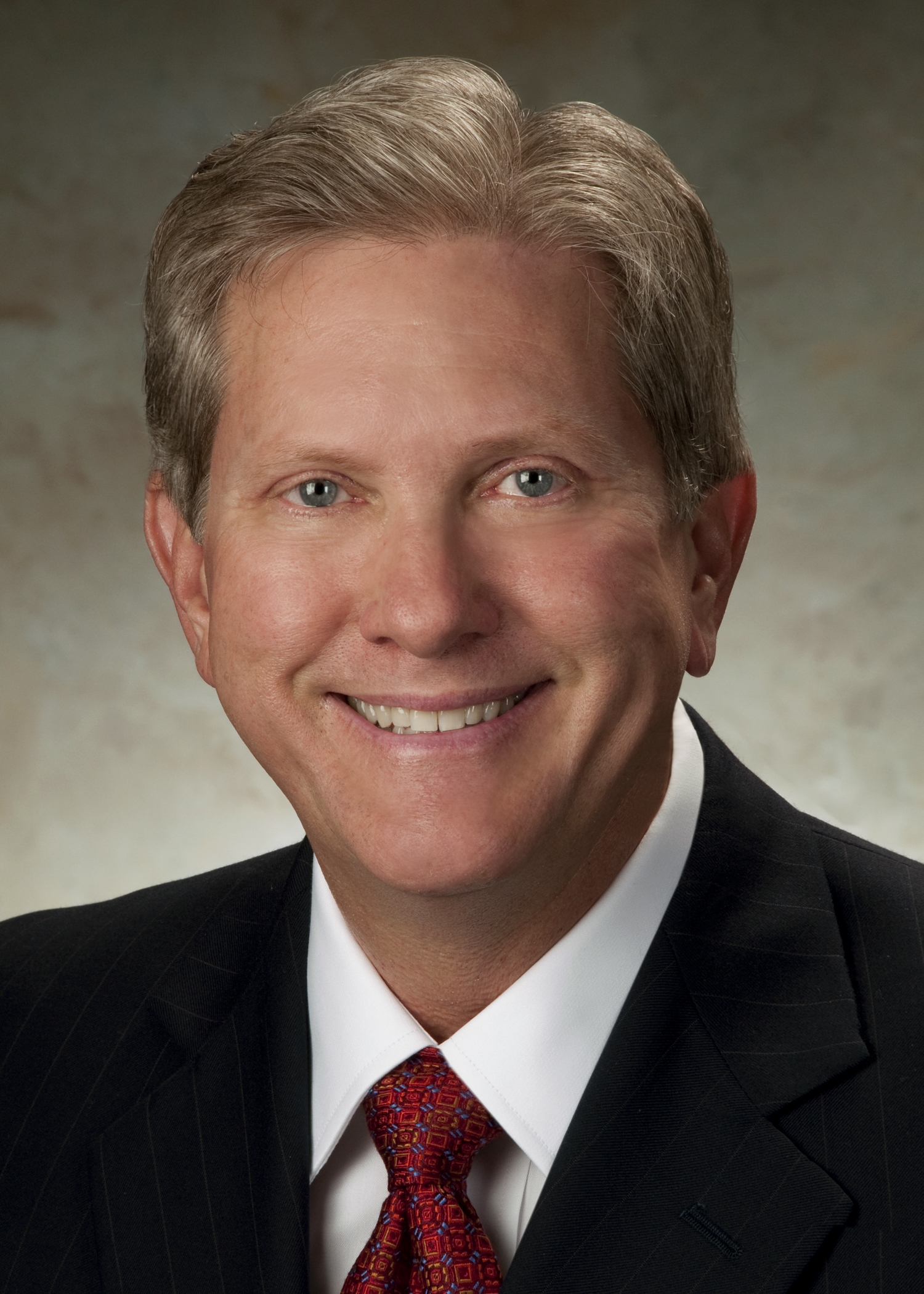
NAPLES, Fla. (BP) — While multitudes mourn the death of Charles Colson, probably the best-known and most influential American Christian other than Billy Graham, I experience a profound sadness as his pastor of 20 years. I first met Chuck while in view of a call. I presented an audacious covenant to the First Baptist Church of Naples which was attached to the secret ballot, challenging the church: “You cannot separate a man from his message and his methods; a vote to call me is a vote to confirm this covenant.” While not a member yet, Chuck came to me and affirmed this action and asked permission to put my covenant in his next book, “The Body.”
When Chuck joined our church, I urged him to teach a class for non-members, titled “Why Believe?” It became the basis of his book “How Now Shall We Live?” and gave credibility to our new ministry. His autistic grandson, Max, was visiting one day, saw baptism and wanted to profess Christ himself. I authorized Chuck to baptize him in his pool. Chuck was an unashamed Baptist in doctrine and mission, and a faithful steward.
Chuck had an incredible ability to affirm others. I treasure his compliments about my preaching and leadership, often shared in public settings. He never missed an opportunity to speak a positive word about his church. Though he might fly in early Sunday morning from ministering to prisoners or meeting with presidents, he was in his usual seat with Patty in worship. I received untold blessings from how his “iron sharpened” my balsam wood. I learned to move from intimidation of his towering intellect to accountability, knowing that I had an incredible responsibility to teach this godly man the Word and help him to be a better servant. He showed his prayer support while on his fishing boat in the Gulf of Mexico by pulling out a worn prayer card, which he carried in his pocket; there was my name and those of my family.
When he received the Templeton Prize for Progress in Religion, I was with him in Chicago. His response then was the same as when he received the Presidential Citizens Medal: “Hayes, imagine the grace of God to an ex-con like me.” I learned much about how to be a Christian gentleman, how to be gracious with every person, whether a prisoner or an executive, and to give attention to details. His love for the needy not only inspired Prison Fellowship, but also convicted me of my own self-centeredness. In 1992, I made one of my lamest statements ever when I asked him why someone with his intelligence, education, and political connections would give his life for criminals. His quiet rebuke reminded me that Jesus came “to set the captives free” and died between two murderers.
Christ transformed the drivenness of his “hatchet man” days in the White House to single-minded devotion to the Kingdom. In his 70s he urged me to keep on serving for as long as possible: “Why should anyone retire when there is so much to do?” Chuck saw fulfilling “the Cultural Commission” by being salt and shining light. He deplored compartmentalization and saw Jesus as Lord of all of life. On more than one occasion, he told me of his last visit with Francis Schaeffer just before Schaeffer’s death when he said, “Chuck, the only issue — truth — true truth!” My ministry was forever impacted by learning from Chuck that we must courageously allow our salt to sting and our light to expose, whether in living or in preaching truth, which is not obsolete but absolute.
My most vivid memory of how the Spirit worked through Chuck occurred in the original “smoke-filled room” in the Blackstone Hotel in Chicago. A hardened female skeptic was conducting a filmed PBS interview. She asked how he knew that Jesus was real. Chuck related how while he was in prison, Al Quie, distinguished congressman and later Minnesota governor, pleaded with the president that he might take Chuck’s place in prison because of Colson family issues. Chuck related, “That was a turning point in my life; for the first time I really understood what it meant for a man to lay down his life for his friends.” Tears flowed down the hardened face of the interviewer. “Cut!” She went to the restroom, fixed her makeup and returned. The cameras rolled as she asked another question, and Chuck declared what it meant to be “born again.” Again tears streamed down her face. I have never sensed the power of God to be so real in a room! She told Chuck later that she wanted to come back to God. I looked at the cameraman who had moistened eyes, and I was emboldened to witness to him.
When I learned that Chuck’s medical condition had worsened from a brain hemorrhage last week, I flew to D.C. and was privileged to be with him and the family as Chuck “finished the course.” What a blessing to sing his favorite song, “Amazing Grace,” at his bedside. He called it “the prisoners’ national anthem.” However, I felt like Elisha at the rapture of his mentor, Elijah: “My father, the chariots and horsemen of Israel” (2 Kings 2:12). Like Elisha, I prayed that “the Spirit” of Chuck’s God would “rest upon” me in a fresh way. When Chuck met his Savior in Heaven and his hero, William Wilberforce, I believe that the old Marine heard, “Well done, Semper Fi.”
–30–
Hayes Wicker is senior pastor of First Baptist Church in Naples.
















